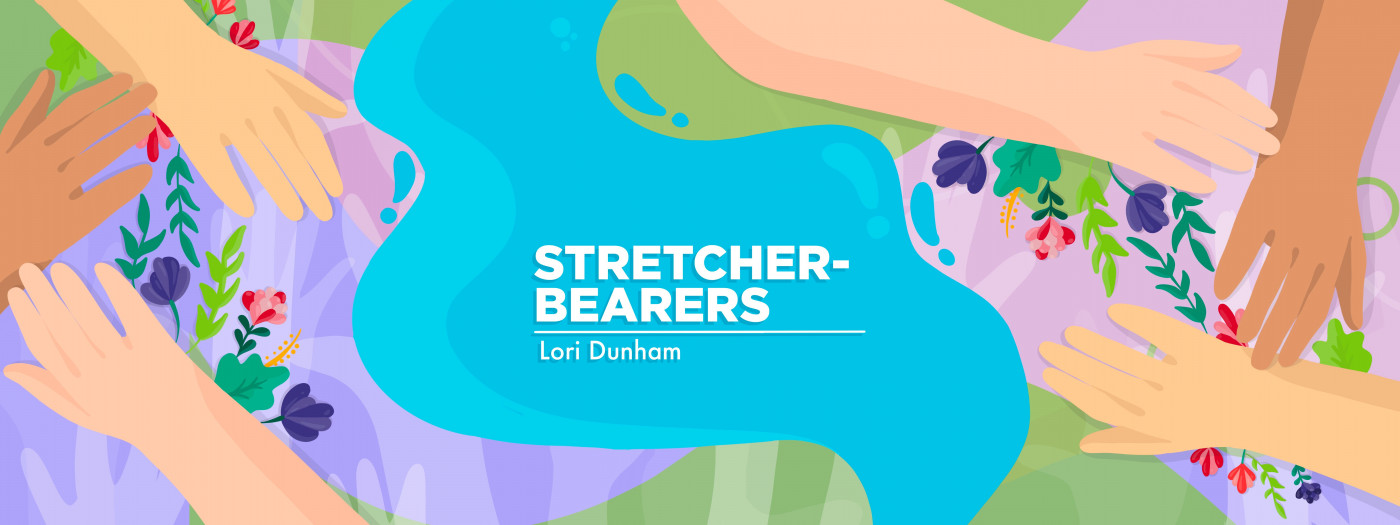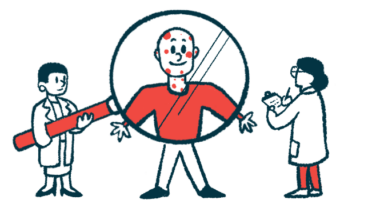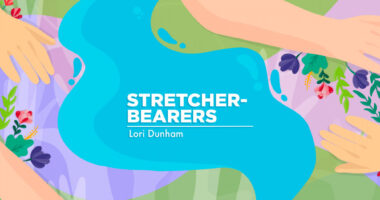While You’re Being Thankful, Make Sure to Laugh a Little, Too
The two habits go hand in hand and can lead to greater happiness this season

Traditionally, November is when we give thanks. With Canada and the U.S. celebrating Thanksgiving in October and November, respectively, it’s a season when many of us turn our attention to gratitude.
That’s even true for us in the rare disease community. We face many hurdles throughout the year; life with a rare disease can be hard, and discouragement can settle in. But I hope this season finds us overflowing with things to be grateful for. Think on those things. Recognize them as gifts, and write them down as a reminder for the hard days to come.
For years, I’ve been journaling about things I’m grateful for. First, it was a discipline I wanted to learn so I could cultivate a more joyful attitude. Now, it’s what I do to survive.
Positivity and humor
When our daughter Grace was diagnosed with Lambert-Eaton myasthenic syndrome (LEMS), I had to intentionally seek out things that made me feel thankful just to make it through the day. I couldn’t watch her health deteriorate without deep despair. I was so overcome by our circumstances that I needed a proper perspective, a shift in my attitude.
According to Harvard Health Publishing, being grateful is strongly associated with greater happiness. This research shows that gratitude not only adds to your personal happiness, but also improves interpersonal relationships, job satisfaction, and mental health.
Most would agree that expressing gratitude holds a multitude of benefits. But something else helped me during my hardest times: laughter.
Of course, laughter doesn’t come easy in the throes of a difficult diagnosis. Some would even say it feels wrong to laugh during hard times. I did!
However, studies show that laughter holds many important health benefits. It relieves stress and stimulates multiple organs, releasing endorphins to your brain. Laughter also has long-term health benefits, including strengthening your immune system, relieving pain, and improving your mood.
Grace, for instance, loves to tell jokes. She tells them to her teachers and her co-workers; in fact, her manager expects to be told a joke every time she sees Grace. I believe our daughter developed this skill during the diagnosis phase of her illness and used it to cope.
We face difficult days with our eyes wide open. But we all need a little relief from the hard. Gratitude and laughter are two ways to find that relief.
So turn on the television or computer and find a reputable stand-up comedian. Watch a rerun of your favorite sitcom. Or look up some corny dad jokes to share. You, and those around you, will reap the rewards.
Note: Lambert-Eaton News is strictly a news and information website about the disease. It does not provide medical advice, diagnosis, or treatment. This content is not intended to be a substitute for professional medical advice, diagnosis, or treatment. Always seek the advice of your physician or other qualified health provider with any questions you may have regarding a medical condition. Never disregard professional medical advice or delay in seeking it because of something you have read on this website. The opinions expressed in this column are not those of Lambert-Eaton News or its parent company, Bionews, and are intended to spark discussion about issues pertaining to Lambert-Eaton myasthenia syndrome.








Leave a comment
Fill in the required fields to post. Your email address will not be published.